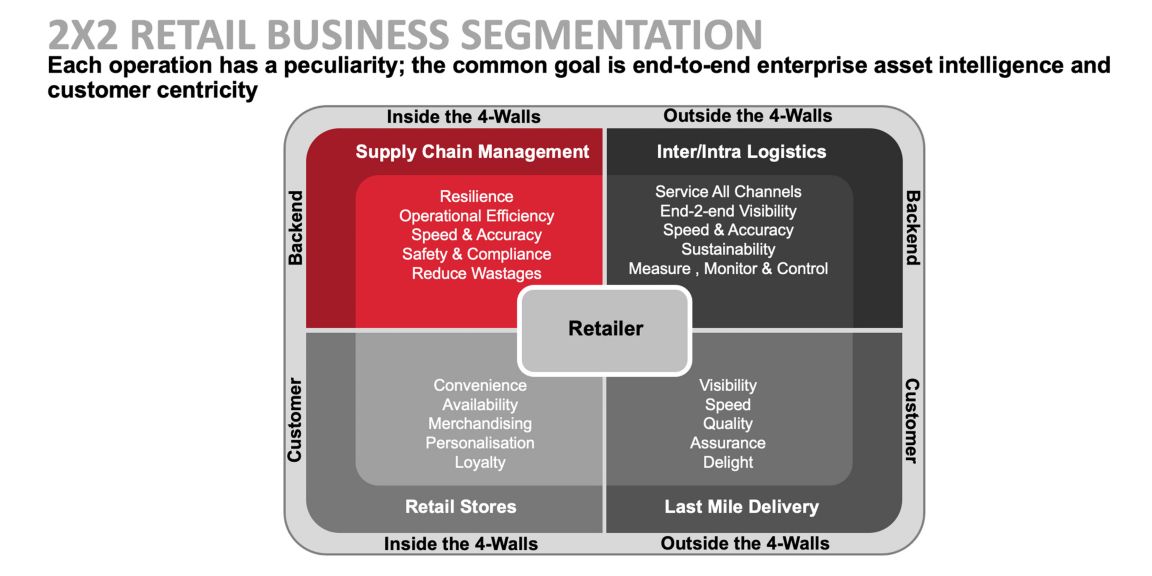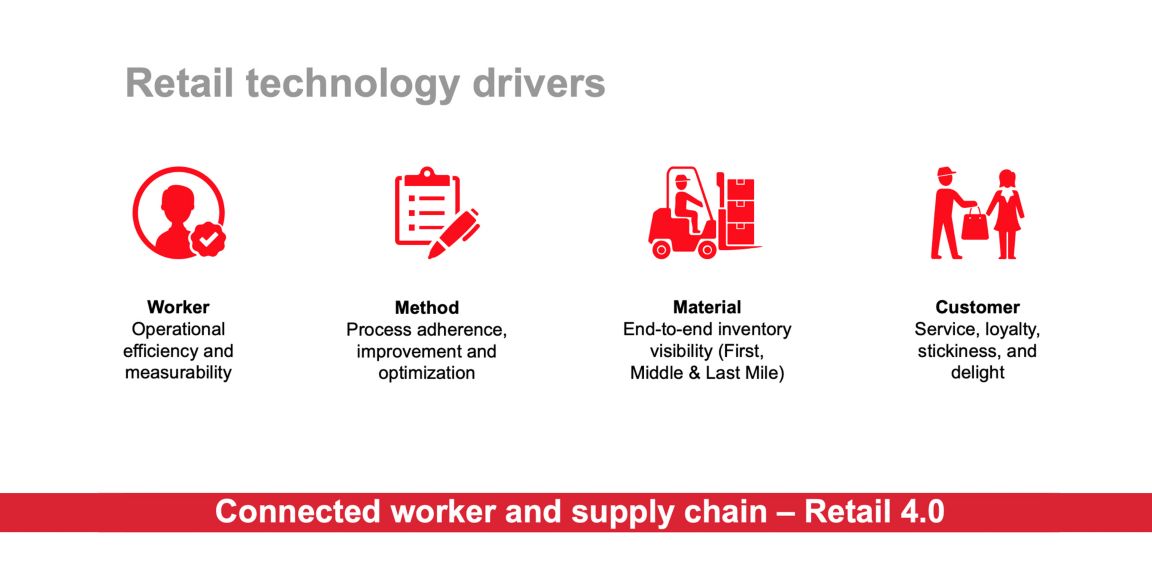-
Global
-
Africa
-
Asia Pacific
-
Europe
-
Latin America
-
Middle East
-
North America
- |
- Partners
- |
-
Currency:Localize your Content
You can set your preferred currency for this account.
Choose a Currency
Currency- CHOOSE YOUR CURRENCY
Update Currency
Changing Currency will cause your current cart to be deleted. Click OK to proceed.
To Keep your current cart, click CLOSE and then save your cart before changing currency.
-
Select Account
Switching accounts will update the product catalog available to you. When switching accounts, your current cart will not move to the new account you select. Your current cart will be available if you log back into this account again.
Account# Account Name City Zip/Post Code CANCELPROCEEDMy Account
-
Support
- View All Productivity Solutions
- Warranties
- Patents
- Global Locations
- Technical Support
- Discontinued Products
- Quality Program and Environmental Compliance
- Return Material Authorization (RMA)
- Legal Documents
- Product Certification
- Software Downloads
- Cyber Security Notifications
- Case Studies and Success Stories
- View All Sensing Solutions
- Sales Contact Form
- Technical Support
- Certificates
- eCOM Portal
- Distributor Inventory
- Return Material Authorization (Test & Measurement)
- Return Material Authorization (Citytech)
- Return Material Authorization (EnviteC)
- Legal Documents
- Intelligent Life Care
- Return Material Authorization (ILC)
-
Global
-
Africa
-
Asia Pacific
-
Europe
-
Latin America
-
Middle East
-
North America
- |
- Partners
- |
You are browsing the product catalog for
You are viewing the overview and resources for
- News & Events
- Featured stories
- The Rise of Omnichannel Retail: Managing Complexity
The Rise of Omnichannel Retail: Managing Complexity


The Rise of Omnichannel Retail: Managing Complexity
Vikas Wadhwa
March 30, 2022
Worldwide, consumers are shifting their purchasing habits to e-commerce, creating a dynamic shift in the way retailers must manage their operations and ushering in a new era of retail. In Southeast Asia, for example, about 70 million people became digital consumers for the first time during 2020, and spending on e-commerce rose by 60% year-over-year.
The near-term changes created by this shift to e-commerce have strongly reinforced existing adoption trends. In India, e-commerce revenues are growing at around 30% per-annuum, driven by rising incomes, expanding 4G networks and smartphone adoption. Today, e-commerce is a rising presence in metro areas. Tomorrow, low- to middle-income consumers in India’s smaller towns will become an additional focus of growth. In the next five years, e-commerce transactions in India are expected to more than double, increasing from $46 billion in 2020 to $111 billion. 1
Within in the next five years, Bain & Company expects annual e-commerce sales in Southeast Asia to nearly double from current levels of $132 billion.2 Another trend: There is an increasing number of consumers who are buying an expanded range of goods and spending more in the process.
For traditional brick-and-mortar retailers, the stakes are becoming higher. Customers increasingly want a wide range of online choices. Some may no longer feel comfortable entering a store, while others may prefer to pay online and collect at a nearby physical location. For those customers who select direct-to-door delivery, speed and accuracy are important. Today, customers want to make buying decisions based on convenience and retailers’ delivery speed and multichannel offerings.
Welcome to the world of omnichannel retail.
For many traditional brick-and-mortar retailers, meeting the needs of this rapidly expanding population of e-commerce buyers will be a substantial challenge. In response, they will need to deliver a consistent customer experience across an expanded range of touchpoints and extend their culture of customer service beyond the store to the consumer’s doorstep. Behind the scenes, retailers will need to change the way they fulfill orders and develop diversified distribution systems.
Customer expectations are high. Low prices aren’t always the main attraction for online shoppers. Nor do they want or expect a diminished range of goods available online. In fact, in Thailand, Singapore, and the Philippines, convenience and speed are rated much more prominently by online consumers as an attraction. (Convenience wins out over low prices by a slimmer, but still significant, margin in India, Malaysia, and Indonesia). In one respect, this is a positive: It suggests that traditional retailers may be able to charge appropriately for the new services they will need to supply.
Touchpoints will proliferate. Among the options are buy online pickup in-store (BOPIS) and the possibility of buy online and ship from store (BOSS). Both transform the logic of physical retail, potentially allowing retailers to amortize the cost of their real estate across a wider revenue base. In addition, BOPIS offers the possibility of generating additional footfall and revenues from pick-up customers who can be tempted in-store to make an add-on purchase. Implemented correctly, BOSS can reduce last-mile costs and increase the speed of delivery, profiting from the rising trend of ultrafast deliveries. Under both scenarios, staff will need to work in new ways, adding picking and packing to their skillset and managing two sides of the retail experience: online fulfillment and in-person sales.
In addition to the changing functionality of traditional stores, the range of physical outlets operated by traditional retailers will need to evolve rapidly, particularly as rural and small-town growth starts to outpace the market.
· Dark stores: Repurposed or new physical outlets in which a substantial area of the store operates as a warehouse, off-limits to customers, for picking BOPIS orders at a front desk or BOSS home delivery.
· Distribution centers: Growing in and around transport hubs (areas of population).
· Micro-fulfilment centers: Serve customers within a small radius (around 5 sq. km) that allow retailers to master the daunting logistics of densely populated urban environments by getting closer to their customers and deliver to their service expectations.
In strategic terms, a retailer extending its operations from physical stores into the omnichannel realm will find itself sitting at the center of four large-scale business processes: its traditional supply chain, its internal logistics, its diversifying range of retail outlets and last mile delivery. Some of these processes are new, a direct response to the rise of e-commerce (e.g., last mile delivery). Some will require significant change and augmentation (e.g., retail stores). Meanwhile, logistics operations – particularly those run by the retailer itself – will become more complex, catering for many more distribution possibilities.


Honeywell International has a long established reputation as an innovative supplier of products and services that optimises supply chains and business processes. Today, our solutions generate and secure mission-critical data that allows retailers to master increasingly complex omnichannel environments. We are ready to partner with retailers to supply and deploy:
Mobile computers
For receiving, stocking, and picking goods, as well as last-mile delivery, for an end-to-end inventory visibility
Printers
For product identification, serialisation, and shipping labelling for forward and reverse logistics
Scanning
A wide range of solutions for pick, packing, dispatch and returns
RFID
For overall asset management including returnable transport items and intelligent shipment movements across the supply chain.


Increasing complexity is making end-to-end visibility, both within stores and beyond them, imperative for retailers. Our market-leading solutions are robust and secure, offer enterprise-grade functionality, service, support, and integrity of customer data.
Visit our website to learn more about how we can contribute to your journey toward seamless integration of bricks to clicks.
[1] India Brand Equity Foundation, E-commerce industry in India (November 2021)
https://www.ibef.org/industry/ecommerce.aspx
[2] Bain & Company / Facebook, Southeast Asia: The home for digital transformation (August 2021)
https://www.facebook.com/business/news/southeast-asia-the-home-for-digital-transformation
Let's Connect!
Sign up to receive exclusive communications from Honeywell including product updates, technical information, new offerings, events and news, surveys, special offers, and related topics via telephone, email, and other forms of electronic communication.
Copyright © 2025 Honeywell International Inc
Maximum File Size
Maximum Files Exceeded
Due to inactivity you will be logged out in 000 seconds.
Maximum File Size
Maximum Files Exceeded
You cannot access this page as this product is not available in your country.

